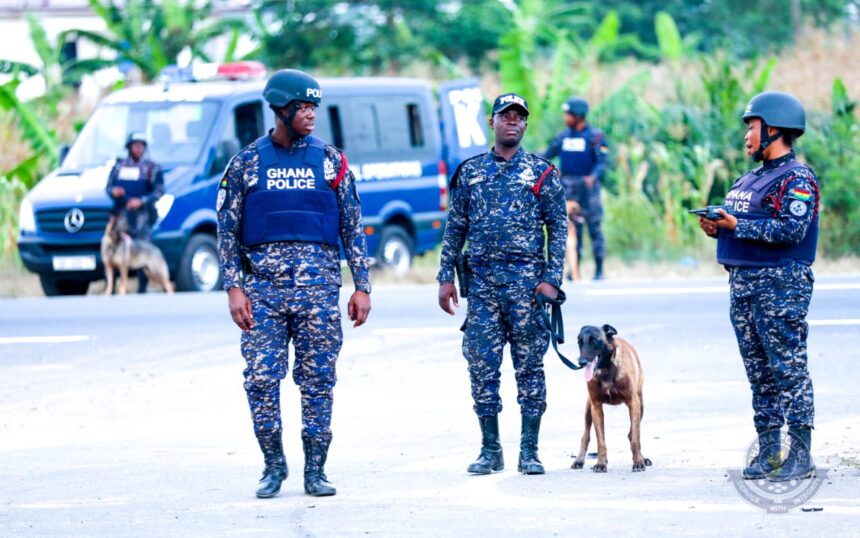Ghana’s Ashanti Region recorded the highest number of murders in 2024 with 104 cases, while Greater Accra led in armed robberies with 329 incidents, according to the National Development Planning Commission’s (NDPC) annual progress report released on Sunday. The data underscores a persistent rise in violent crimes, straining law enforcement and public safety in the West African nation’s most populous areas.
The report, covering the full year of 2024, highlights Ashanti’s dominance in homicide statistics, with the region also reporting 251 robbery cases and ranking among the top three for armed robbery and defilement. Central Region followed closely with 220 defilement cases, signaling hotspots for sexual offenses. Greater Accra, Ghana’s economic hub and most urbanized area, not only topped armed robberies but also logged 304 defilements and 100 rapes, reflecting the pressures of rapid urbanization and economic disparities.
Overall, Ghana’s crime index stood at 44.5 in 2023, indicating moderate levels nationally, per Numbeo data. However, regional disparities persist: Greater Accra’s index was 44.17, while historical trends show robbery rates spiking to 14.2 per 100,000 in the capital by 2015. The Ghana Police Service’s 2016 annual report noted uneven distribution, with southern regions like Ashanti and Greater Accra clustering over 70% of incidents due to population density and opportunity factors.
Experts attribute the surge to socioeconomic factors, including youth unemployment, urban migration and weak border controls. A 2022 study on robbery patterns from 2014-2017 found Greater Accra and Ashanti accounting for the bulk of cases, with 5,696 incidents nationwide peaking at 1,772 in 2017. Murder rates remain low globally at 1.68 per 100,000 in 2011, but recent upticks in violent acquisitive crimes like robbery — Ghana’s second-most reported offense after homicide — signal alarm.
President John Dramani Mahama’s administration has pledged enhanced community policing and judicial reforms under the “Reset Ghana” agenda.
Civil society groups, including the Ghana Bar Association, welcomed the transparency but urged faster prosecutions, noting backlogs exceeding 50,000 cases. As Ghana eyes 4.8% growth in 2026, addressing urban crime is key to sustaining investor confidence and social stability.




